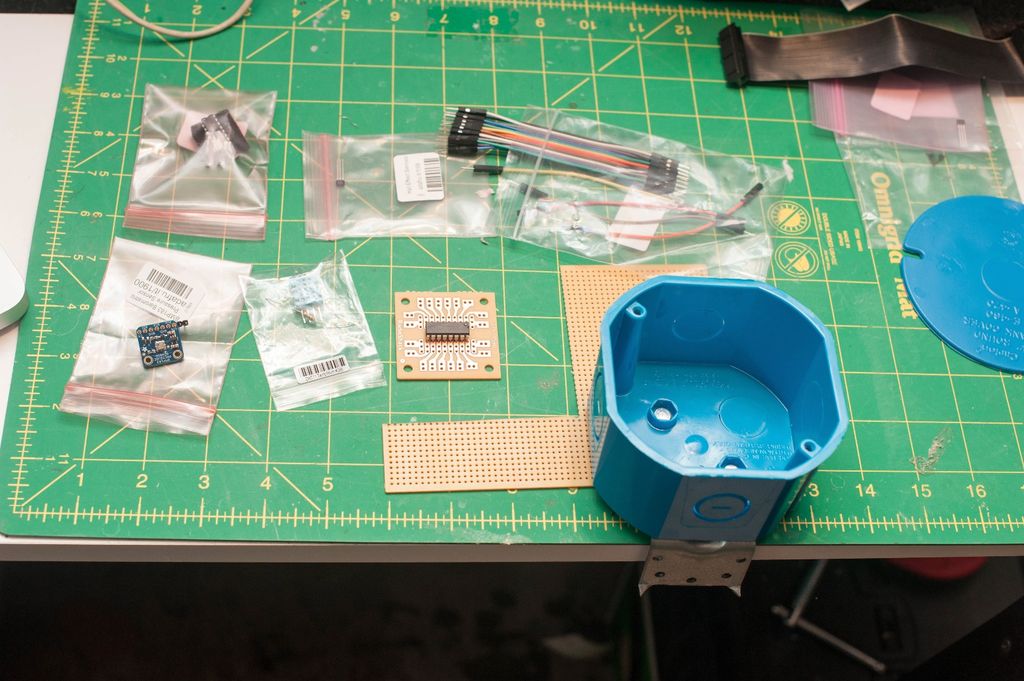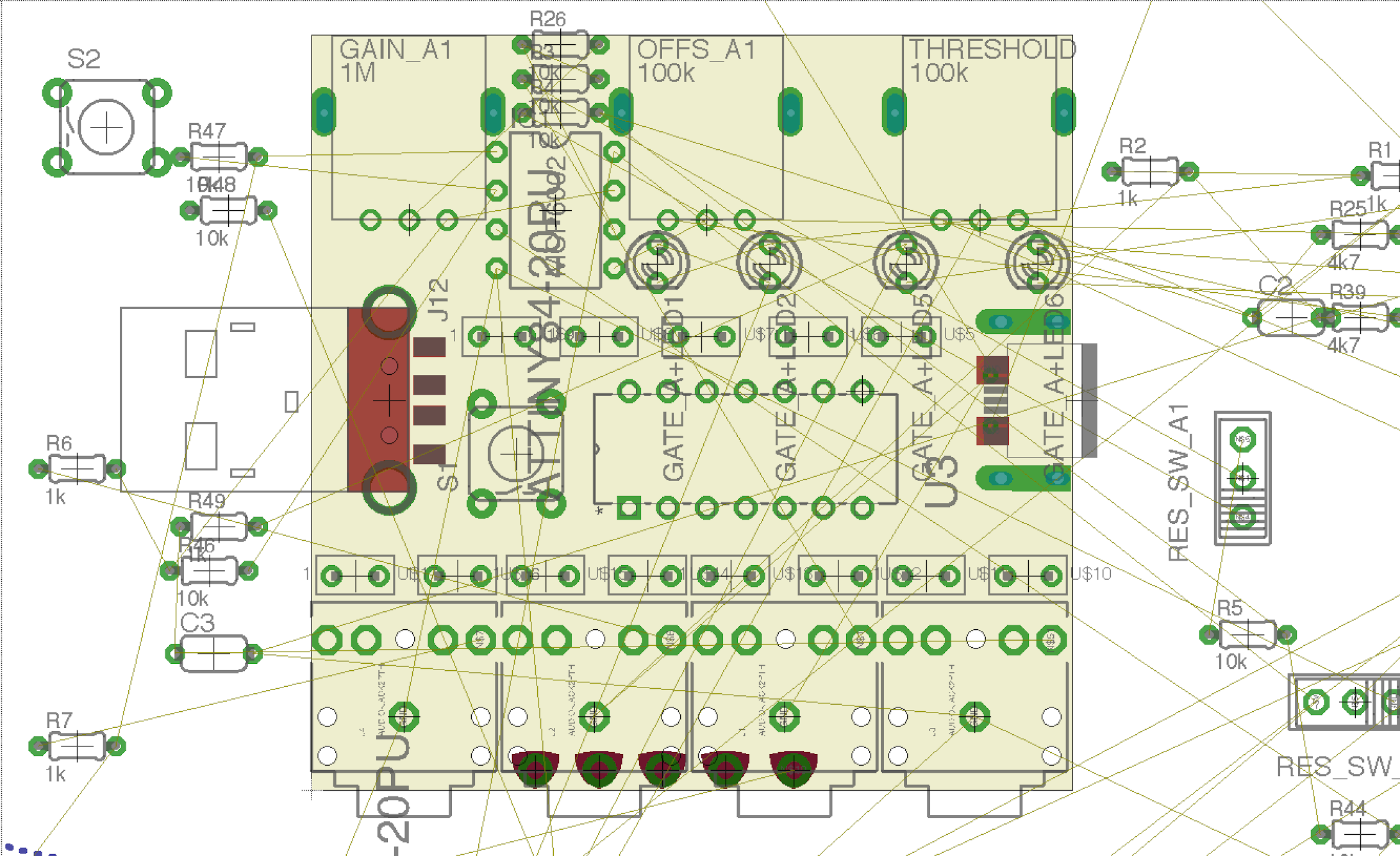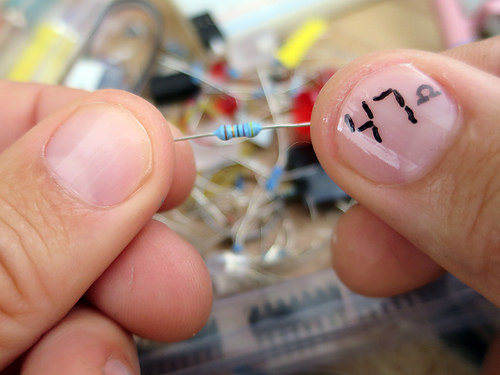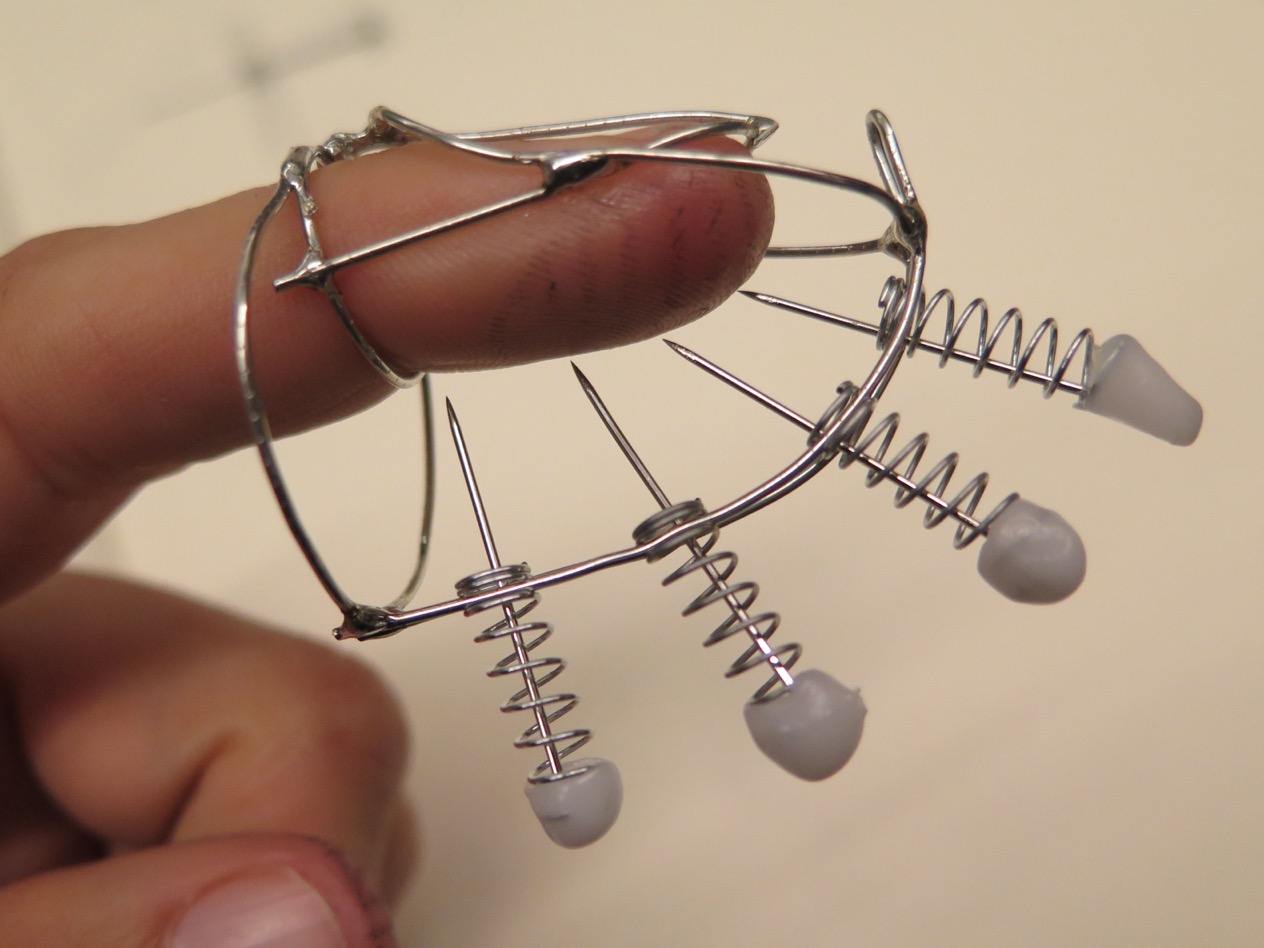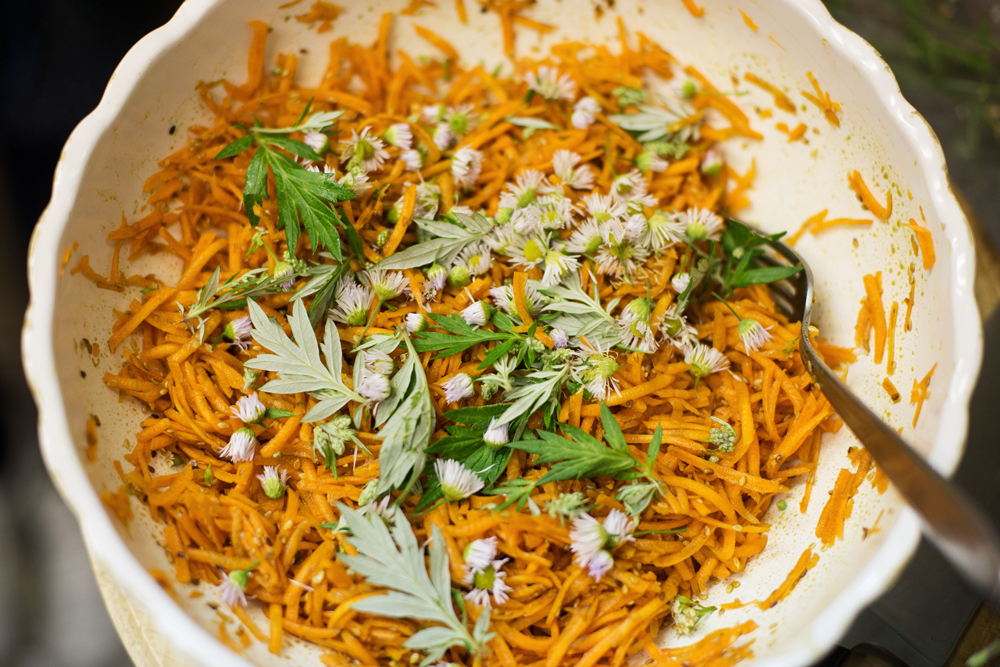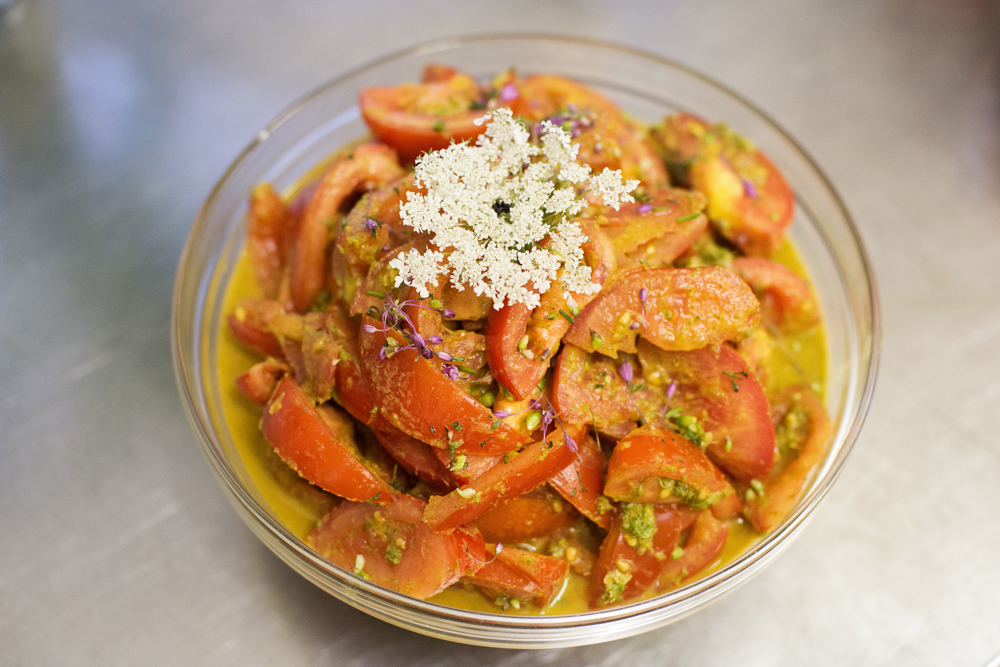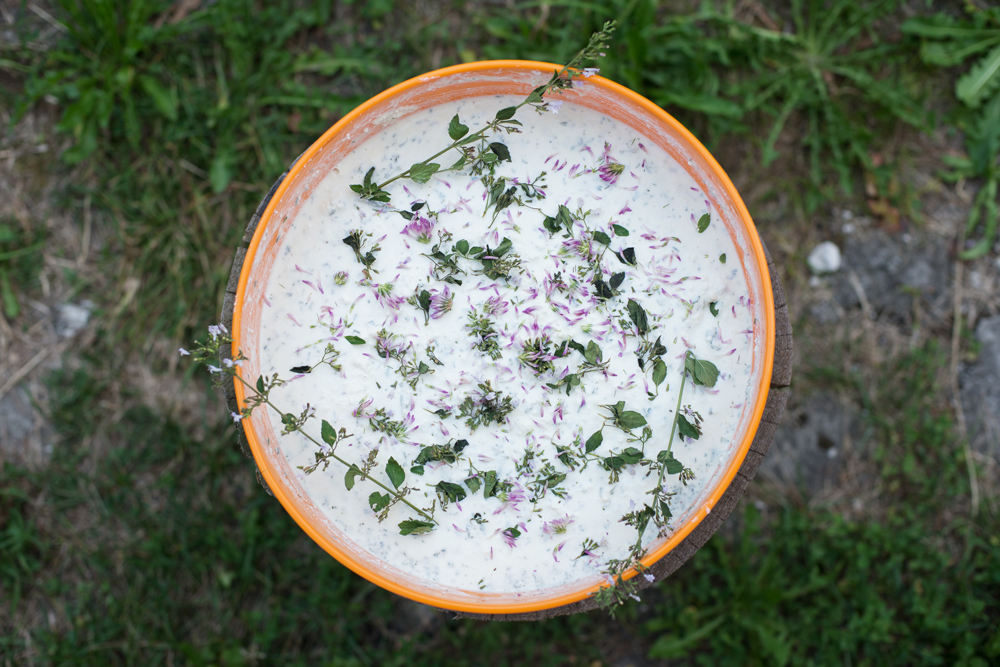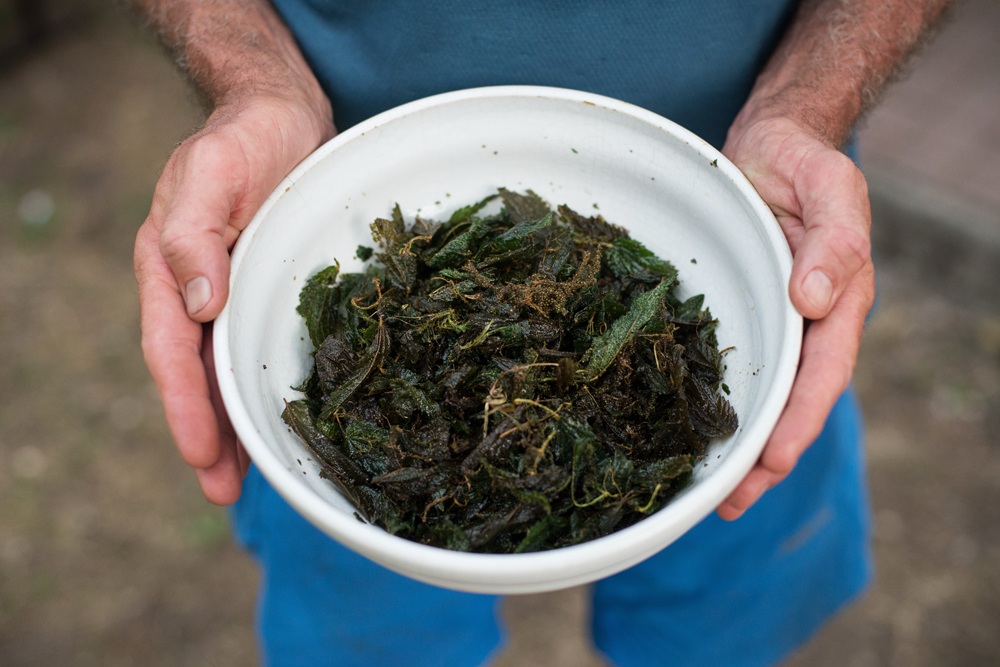Lovrenc Košenina will be working on a weather station and a robo-arm, which will use the data collected to cater to the plants. The weather station will have temperature, moisture, UV, air pressure and wind sensors and anyone will be able to access the collected data through the open-source network of the Weather Underground. The robo-arm will be made of laser-cut pieces, and will use Arduino-controlled servomotors for movement. Initially, the robo-arm will be game-pad controlled, but will be upgraded to automation after PIFcamp.
Lovrenc also plans to throw a workshop in which participants will make generic pliers for a large range of use and design modular add-ons.
Category: Participants
Audible Healing Pressure Points
The project Audible Healing Pressure Points is a continuation of Lavoslava Benčić‘s work in e-textiles and follows her collection of interactive gloves (2016-2018) made at Rampa Lab. In the project Traditional Chinese Medicine (TCM) is combined with research in e-textiles. The project proposes to position electronic acoustic devices on the healing points which lower or heal pain, usually massaged or pressed on by a therapist. The results of the project will be a series of e-bio textile elements made of fungi with an integrated circuit, which creates sound upon applying pressure.
The purposes of the project:
- To find out how to combine electronics, bio textile and TCM methods of pain relief
- To learn whether the therapeutic pressure on the healing points combined with generated acoustic frequencies can help establish a better bond between the therapist and the treated
- To see whether a combination of pressure and sound can induce more effective healing / pain reduction
- To combine the principles and potentials of wearable electronics and the effects of Oriental medicine in pain management
- To make wearable healing elements made of e-bio-textiles, which will respond during therapy (applied pressure / massage) with sound (dedicated frequencies)
The Smart Jacket (by Sanja Hrvaćanin & Eva Pondrk)
The starting point for the project by Sanja Hrvaćanin and Eva Pondrk is to make a Smart jacket for bicyclists with indicators (turn signals) for better visibility and bikers safety in traffic. It will combine sensors and electronics.
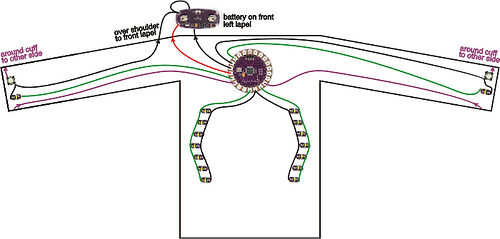
The plan
Day 1: e-textile basics (getting to know the basics)
Day 2: making the basic e-textile circuit
Day 3: reuse of an old garment into a smart and enhanced prototype (LEDs and sensors and more …)
Day 4: continue making the prototypes
Day 5: finishing the prototypes
Day 6: presentation of the prototypes and the Smart Jacket (or/and light)
Trivolan by Boštjan Čadež – Fšk
Joining us for the first time this year is a Slovenian artist, phenomenal VJ and the author of the classic internet game Line Rider, Boštjan Čadež-Fšk. He is going to develop a DIY haptic interface.
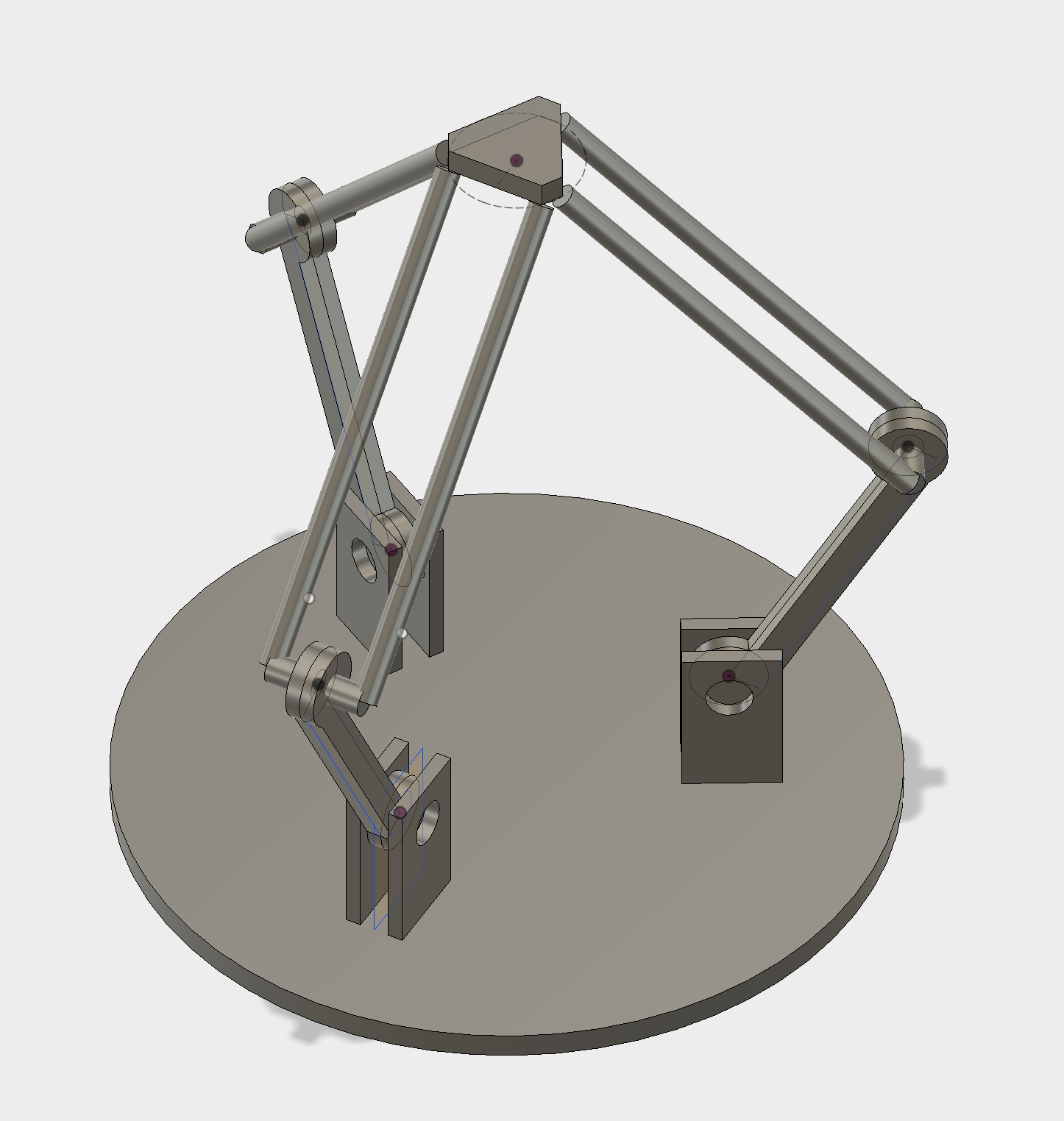
Synthesizers In The Wild with Bastl Instruments
Hacking Our Hands project by Hannah Perner-Wilson
“What wonderful contraptions, these tools attached to the ends of our arms. From coding to crochet, human making involves the use of our hands to interface with the world.” Find out what our e-textiles and wearable node host Hannah Perner-Wilson will work on this year.
In order to find out more about these fleshy machines, shall we attempt to hack them?
We can add sensors to sense ourselves making. We can add actuators to enact new actions. And lets hack our hands using local and natural materials – sewing leaf gloves, carving twig tweezers, constructing bark armor, molding mushroom pincushions …
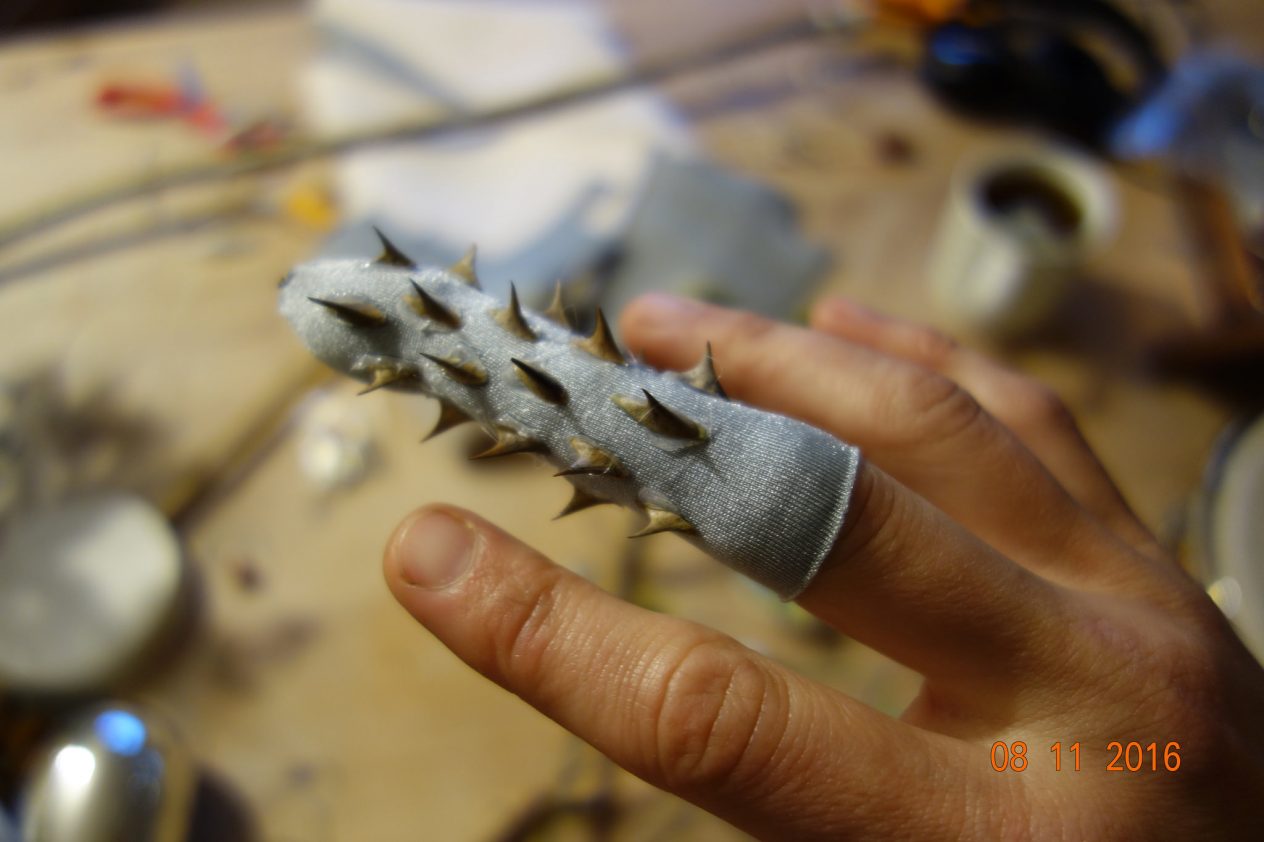
Find more about Hannah’s project here.
PIFrecipes by Dario Cortese
Carrot salad with wild herbs 1.0
Grate the carrots and put them in a salad bowl. Add pumpkin oil, vinegar and dry-roasted sesame seeds. Then add some yarrow (Achillea millefolium) and mugwort (common wormwood, Artemisia vulgaris) flowers with some finely cut leaves of both plants. The more flowers and leaves you add, the stronger will these aromatics flavor the salad, so do not add to much, as they are truly aromatic. Decorate the salad with the flowers of annual plant fleabane (Erigeron annuus), which have a slightly pepperish taste. Mix and, yes, that’s it. Enjoy!
You may add salt too, but at least taste the salad without it first.
Carrot salad with wild herbs 1.1
Prepare the carrots and add pumpkin oil, vinegar and roasted sesame seeds, just like in 1.0. Then add unripe fruits of one big inflorescence of wild angelica (Angelica sylvestris) per salad bowl. Mix and enjoy.
Tomato salad with raw nettle sauce & wild carrot
Put some olive oil and vinegar in a big bowl, cut three or four tomatoes, put them into the bowl and add quite a big bunch of nettle shoots (Urtica dioica) and/or young leaves. Three or more pinches of chopped wild carrot leaves (Daucus carota) won’t hurt. Salt a bit more than usually, as this works as the sauce aka some kind of nettle gazpacho for the tomatoes.
Mix in a blender until you get something like a semi thick liquid sauce.
Cut more tomatoes and put them in an appropriate salad bowl. Pour the nettle-gazpacho-sauce over them and add a bowl or two of wild carrot flowers without their stems. Mix with a spoon and let it sit for a while so aromas develop. Decorate with wild carrot flower(s) and if there is some wild garlic around put its flowers and flower bulbs on top.
Ice matea with burnet
Put 3 tablespoons of yerba mate in 2 liters of cold water and stir. Crush a bunch of burnet (Sanguisorba minor) leaves slightly with your hands and add them to the cold infusion. Leave it to stand for at least a couple of hours or overnight. Then strain it, chill it or add ice cubes and taste the wild ice matea. The aroma of burnet leaves is not that far away from melons and cucumbers. And yes, the taste of mate is also very present.
Fresh cheese spread/dip with calamint
Combine one kilogram of fresh cheese, e.g. cottage cheese, with half a kilogram of sour cream. Add a handful of finely chopped calamint (Calamintha brauneana or any other Calamintha species) leaves and flowers, some olive oil and salt. Mix well and let it stand for a while, preferably for a few hours or overnight. Serve as a spread on bread, as a dip with chunks of raw vegetables, with cooked potatoes, as an addition to salads etc.
Nettle chips
Collect as much nettle (Urtica dioica) tops as you can. The flower buds with older leaves are also excellent. Collect them just before they start to flower and trim their tough stem away.
Heat some oil (e.g. coconut oil), lard or ghee in a pan and fry the nettles for a short while; around a minute is usually enough. Take the nettles out as soon as they become crunchy and the fat stops foaming. The aim is to keep them (dark) green; if they are turning brown, it is really high time to take them out. Sprinkle with salt, mix lightly and enjoy.
Roseroot pifmethamine
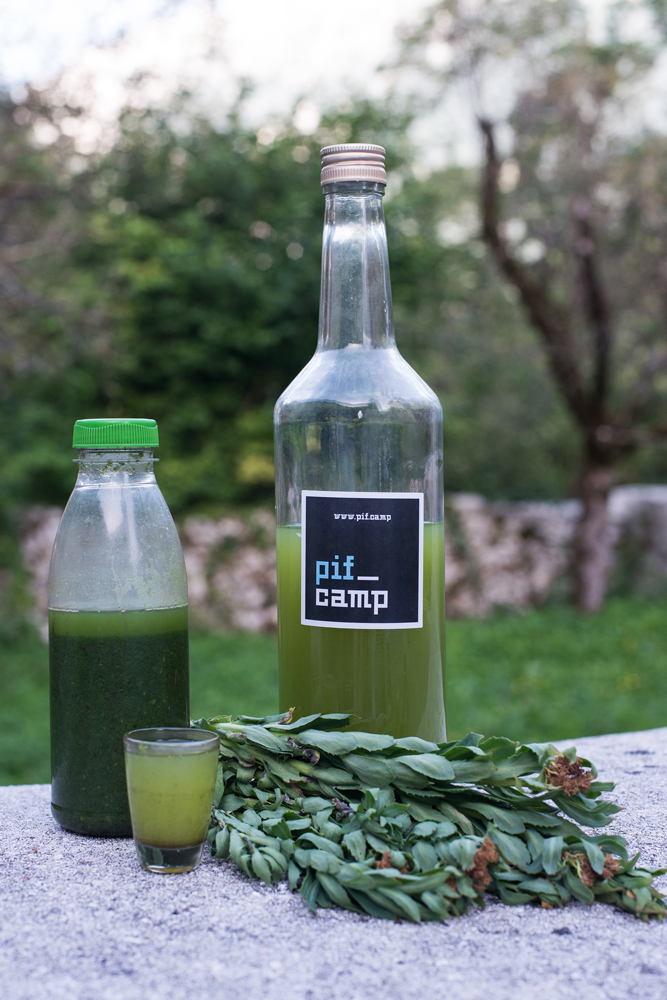 Collect 20 roseroot (Rhodiola rosea) stalks and trim off the leaves. Put them in a blender, add a liter of apple/pear brandy or vodka and blend well. Leave the mixture standing for a while, so the crushed leaves settle on the bottom of the container. Then pour off the liquid and store it in a closed bottle. Drinking 30 to 60 milliliters of the concoction has a nice and invigorating effect. Do not throw the crushed leaves away, but use one or two teaspoons as an addition to any tea.
Collect 20 roseroot (Rhodiola rosea) stalks and trim off the leaves. Put them in a blender, add a liter of apple/pear brandy or vodka and blend well. Leave the mixture standing for a while, so the crushed leaves settle on the bottom of the container. Then pour off the liquid and store it in a closed bottle. Drinking 30 to 60 milliliters of the concoction has a nice and invigorating effect. Do not throw the crushed leaves away, but use one or two teaspoons as an addition to any tea.
Want to know more about the plants mentioned here and their uses? Check them out on the internet. Wikipedia is a quite nice basic informative source. The easiest way to be sure you are reading about the right plant is to type in their Latin name.
Bio-fermented Mate Drinks
“Materva” has become a symbol of Cuban diaspora and nostalgia of pre-Castro Cuba, “Club Mate” is the preferred and signature drink of most post-Fordist alternative engineering cultures (a.k.a hackers), and “Nativa” became a known Coca-Cola market flop in Argentina. What unites those three drinks is the idea of carbonating the famous mate tea into energizing soda pops, or gasiosas de mate.
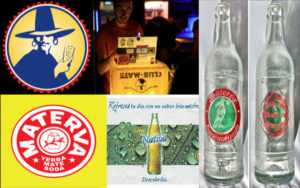 This project by Rosen Ivanov comes from his passion for ilex paraguariensis, or yerba mate, and its fascinating social history and traditional uses. After working on a soda-pop from yerba mate in the local Barcelona biohackerspace, Rosen decided to try various methods of natural carbonation for brewing traditional tea fizzy drinks.
This project by Rosen Ivanov comes from his passion for ilex paraguariensis, or yerba mate, and its fascinating social history and traditional uses. After working on a soda-pop from yerba mate in the local Barcelona biohackerspace, Rosen decided to try various methods of natural carbonation for brewing traditional tea fizzy drinks.
On the first days of the camp, he invites you to experiment with him on different ways of using fermentation’s CO2 for making sodas-pops. He’s intending to try the following cultures, but any other methods we can work with are highly appreciated: ginger bug, whey, water kefir and kombucha.
Environment reading sensors
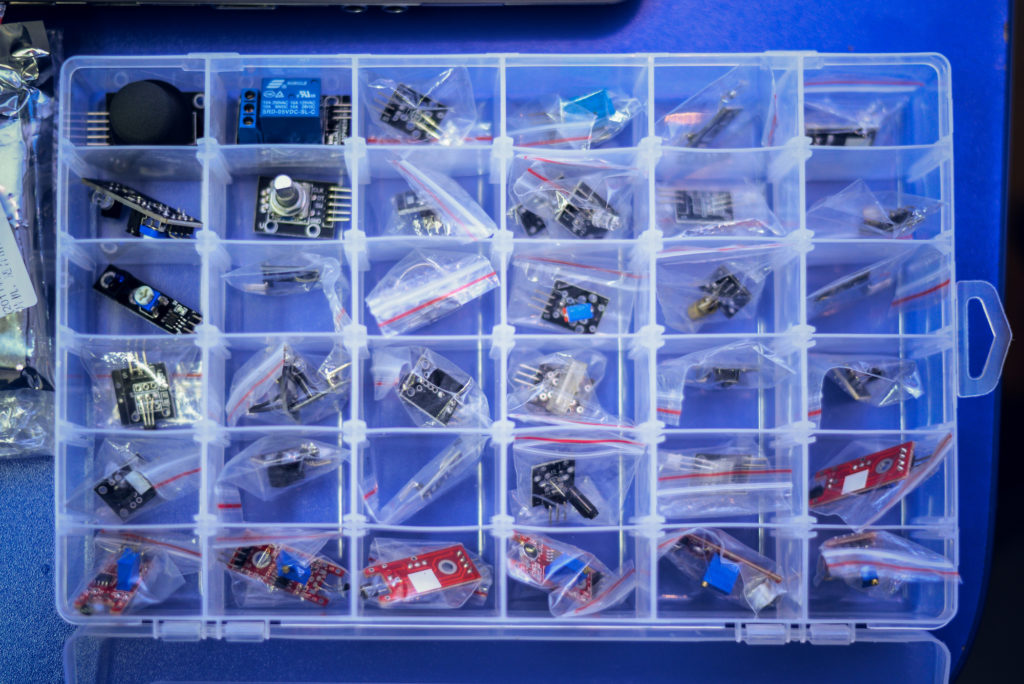
With the help from Kristijan Tkalec (BioTehna) participants will submerge into a collection of sensors and use Arduino microcontrollers to assemble new devices, which will help them to sense the surroundings more efficiently. The node is open to all aspiring explorers who want to familiarize themselves with the basics of programming, Arduino use and sensors. The goal will be to make as diverse and interesting little exploration devices as possible. They will be used for tracking temperature, humidity, the UV safety according to the UV index, the amount of carbon dioxide and so forth. The most interesting specimens will be recreated in the workshop for children, which will take place on PIFcamp’s Open Saturday.
Prepared circuits
Project Prepared circuits by Staš Vrenko is based on the creative and individualized exploration of the basic principles of sound circuit integration and connectivity. Taking a hands-on approach the participants will therefore be able to familiarize themselves with the concepts of non-linear feedback, logical circuits, circuit bending and physical sound processing.
In the first part of the project participants will assemble the electroacoustic instrument and tool for the physical manipulation of sound Soda v0.5b.
Soda v0.5 is a semi-modular instrument with several inputs and outputs, which enable intervention into the circuit’s signal path. This signal starts with a jack input, which can be used for plugging a contact microphone, a synth, a guitar magnet and so forth. We can then amplify the signal, filter it and much more. What follows is a voltage controlled oscillator (VCO), which is turned into a live ramp waveform according to the range of the signal’s amplitude. In the circuit’s output phase the signal physically manifests itself in the form of a line output and an internal power amplifier which powers the speaker.
In the second part of the project participants will add various external circuits and physical contraptions for sound manipulation to the device. They will be chosen on the basis of personal musical/sound preferences.
The expansion process of the formal and consequentially functional features of the basic instrument will therefore serve as a possibility of the further individualization of instruments and sound generators.
